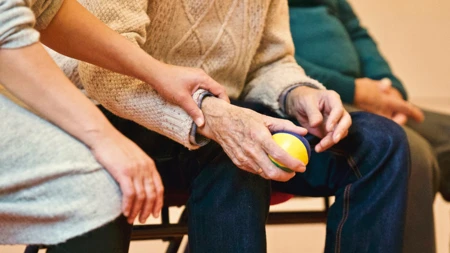Dealing with the death of a loved one is stressful enough, but not knowing what to do with someone’s finances after the person has passed away is an unnecessary burden. When someone dies, the ‘executor’ (if there is a will) or ‘administrator’ (if there isn't a will) normally sorts out the finances, distributing what’s left according to the will or the Laws of Intestacy.
In some cases, an executor or administrator may not be needed. If you’re acting as executor or administrator, you should speak to the deceased’s solicitor and accountant if they had one. To deal with the deceased’s affairs and access funds, you’ll normally need to apply to the Probate Registry for a ‘Grant of Probate’ or ‘Letters of Administration’ - regardless of whether or not you get help from a solicitor.
You have one year from the date of the deceased’s death to sort out the estate before distributing it. After a year, you could become liable to pay interest on any undistributed assets. It's worth bearing in mind that all bills, debts, and taxes have to be settled before you can share out the deceased’s remaining money, property and possessions.
Some of the documents belonging to the deceased that you’ll need to find include:
- Tax and National Insurance affairs
- Bank, building society, savings accounts, and certificates
- Stocks and shares
- State and private pensions
- State benefits
- Car, health, home, and life insurance policies
- Utility bills
- Other unpaid bills
- Property deeds
- Mortgage payments
- Rent payments
- Credit card and store card payments
- Loan payments and other formal debts
You’ll need various documents to access the deceased’s money, as only the executor or administrator will usually be the only one with direct access.
Other payments you may have to make include:
- Rent or mortgage on the deceased’s home
- Funeral costs
- Any outstanding bills
- Formal debts owed by the deceased
- Insurance on the deceased’s home
- Other payments to protect estate assets
Money owed to a deceased individual is part of their estate. You may be able to claim:
- Tax rebates
- Life insurance
- Money from pension schemes
- Money from lost/forgotten pensions and savings
- Capital from the deceased’s business
- Formal debts owing to them.
It’s worth noting that any informal loans made by the deceased don’t have to be repaid by the borrower.
We've partnered with Carr Mitchell, an online Wills specialist. Try their 30 second questionnaire to help find the right Will for you:
Get started
Related articles
No posts currently available
No posts currently available

